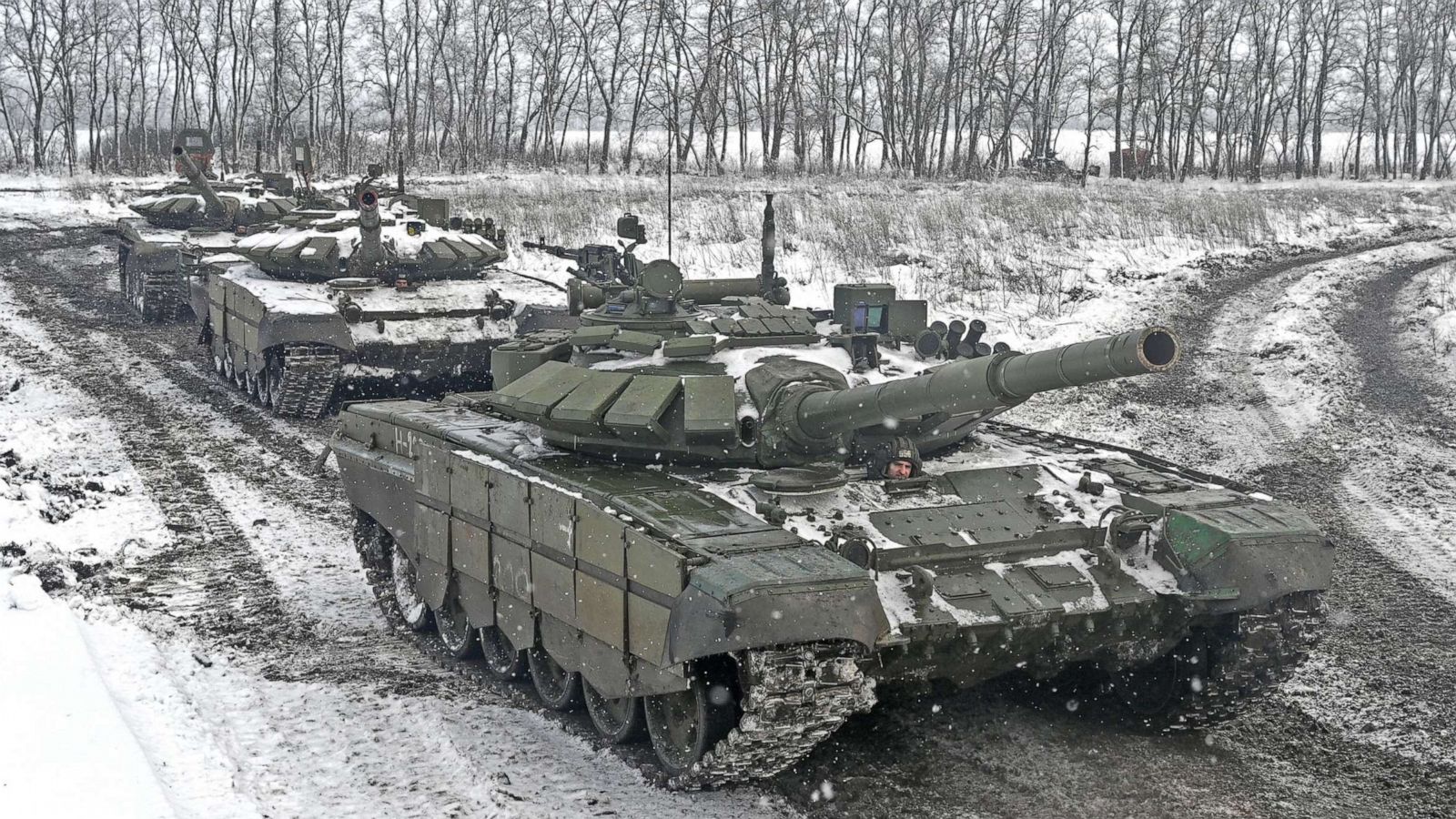In a world fraught with political tensions, military build-ups, and economic competition, the question of whether we are hurtling toward another world war looms large in public discourse. The spectre of a third global conflict, more devastating than its predecessors, is a chilling prospect. However, predicting such a cataclysmic event requires careful analysis of various geopolitical, economic, and social factors. Let’s delve into the current state of affairs and assess whether we are indeed on a trajectory towards World War III.
Geopolitical Dynamics
The geopolitical landscape is characterised by a complex web of alliances, rivalries, and strategic interests. In recent years, tensions have escalated between major powers such as the United States, China, and Russia. The rise of China as a global superpower has challenged the traditional dominance of the United States, leading to competition for influence across various regions, from the South China Sea to Africa.

Furthermore, Russia’s assertive actions in Eastern Europe and the Middle East have heightened tensions with NATO and its allies. Conflicts in Ukraine and Syria have become proxy battlegrounds, exacerbating geopolitical rivalries and increasing the risk of direct confrontation.
Military Build-Up and Technological Advances
The modernization and expansion of military capabilities by major powers have raised concerns about the potential for conflict escalation. Advancements in technology, particularly in the realms of cyber warfare, artificial intelligence, and nuclear weaponry, have added new dimensions to military strategies.

The development of hypersonic missiles, autonomous weapons systems, and space-based assets has the potential to alter the balance of power and increase the likelihood of miscalculation or accidental conflict. Moreover, the proliferation of nuclear weapons and the erosion of arms control agreements pose significant challenges to global security.
Economic Competition and Resource Scarcity
Economic competition, fueled by globalization and resource scarcity, further complicates the geopolitical landscape. The quest for access to vital resources, including energy, water, and rare earth minerals, has intensified competition between nations.

Trade disputes, economic sanctions, and protectionist policies have strained relations between major economies, leading to economic instability and geopolitical friction. Moreover, climate change and environmental degradation exacerbate resource scarcity and may exacerbate conflicts over land, water, and food in the future.
Diplomatic Efforts and International Institutions
Despite these challenges, diplomatic efforts and international institutions play a crucial role in preventing the outbreak of global conflict. Multilateral forums such as the United Nations, the G7, and the G20 provide platforms for dialogue and cooperation among nations.
Diplomatic initiatives, such as arms control treaties, peace negotiations, and confidence-building measures, are essential for managing tensions and reducing the risk of conflict escalation. However, the effectiveness of these efforts depends on the willingness of states to engage in meaningful dialogue and compromise. While the spectre of World War III looms large in the collective consciousness, it is essential to approach the question with caution and nuance. The complex interplay of geopolitical dynamics, military technologies, economic competition, and diplomatic efforts shapes the global landscape.
While the risk of conflict escalation cannot be ignored, proactive diplomacy, dialogue, and cooperation among nations are essential for averting catastrophe. By addressing underlying grievances, promoting mutual understanding, and upholding the principles of international law, we can work towards a more peaceful and secure world for future generations.
Ultimately, the trajectory of humanity lies in our hands. By fostering cooperation, empathy, and solidarity, we can strive to build a world where the horrors of war remain confined to the pages of history.

